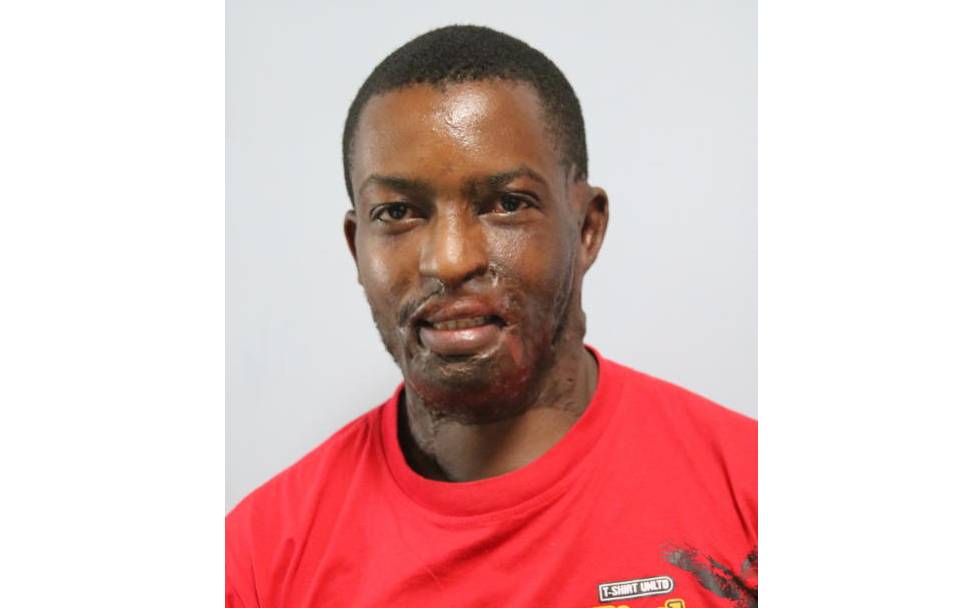
"I wanted to die, although I pretended to be fine,” Kelvin Kairu Nyambura tells me. “I took about 80 sleeping pills, a handful of antibiotic tablets, and a small bottle of potent pesticide. Then I went live on Facebook to bid farewell to my family. Then I lay on the bed and waited for death.”
Kelvin tells his tale unflinchingly. His eyes avoid mine when he gets to the particularly emotional parts. Occasionally, he dabs his left eye with a handkerchief. Whether the tears are from emotion or irritation, I can’t tell. Kelvin is a man still coming to terms with his new reality; a face marred by dreadful scars. An acid attack by a stranger in March 2019 left him physically and mentally scarred and drove him to attempt suicide twice.